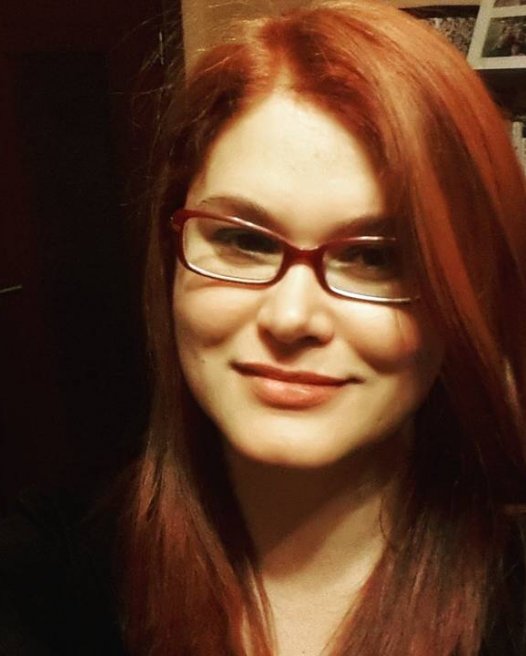Look at Me
This project inspiration came from the desire of our team to meet the children and youths from the orphanages with the world of the cinema and to provide them access to the film making process as a new tool of self-expression. In such a way we will give a chance to the young people in nonequivalent social status, with already proved talent, to get involved in other type of artistic work and thus indirectly to reveal their problems. These state “houses” for children without parent care cannot provide access to the cinema as an audio and visual instrument for self-expression because of the high prices of the technical equipment required for the movie shooting. As a part of the film we are going to invite specialists from the movie area (script writer, director, cameraman, artist, editor), who together with the children, will write a script and realize it into a complete movie. We will examine and document the whole process – from the script drafting, through actors’ casting, location scouting, shooting and work with camera, directing, editing. The documentary film “Look at me” will finish with the film of the children we are going to work with.
God Overestimated Me
84 years old Emilia is sitting quietly on her bed in a little kitchen, built by her deceased son Ruslan, shaken by the tremors of progressing Parkinson’s disease. Keeping her company in there, are: a TV, a cat called Ginger, a dripping tab, a clock and occasionally Tsura – the woman who takes care of her.
A seemingly boring existence in a seemingly boring scenery.
But in this universe of barely remarkable things and rare insignificant changes where it seams that time has stopped, even the most insignificant movement or sound can evoke Emilia’s memories. When this happens the film takes us from the small details in the kitchen to the vast imagery ocean of her past. Although personal and intimately spoken, Emilia’s story represents the lives of many others and mirrors the times it had taken place. As we listen to her words we wander among the images of human existence during the World War II, the bloodsheds of communism, the turmoil of Libya in 1980s and the chaos after the fall of the Iron Curtain. Her reflection on the emotional states we go trough when we lose our home or loved ones touches us deeply and brings universal meaning to her words. And although her life is soaked with injustice and humiliation, there’s no malice or fear in her words. Sometimes she would crack a little joke to make everybody laugh, other times she might sing a little song or spin a tale, and if we go to her weighed down by doubt and indecision, her words would comfort us.
A seemingly boring existence in a seemingly boring scenery.
But in this universe of barely remarkable things and rare insignificant changes where it seams that time has stopped, even the most insignificant movement or sound can evoke Emilia’s memories. When this happens the film takes us from the small details in the kitchen to the vast imagery ocean of her past. Although personal and intimately spoken, Emilia’s story represents the lives of many others and mirrors the times it had taken place. As we listen to her words we wander among the images of human existence during the World War II, the bloodsheds of communism, the turmoil of Libya in 1980s and the chaos after the fall of the Iron Curtain. Her reflection on the emotional states we go trough when we lose our home or loved ones touches us deeply and brings universal meaning to her words. And although her life is soaked with injustice and humiliation, there’s no malice or fear in her words. Sometimes she would crack a little joke to make everybody laugh, other times she might sing a little song or spin a tale, and if we go to her weighed down by doubt and indecision, her words would comfort us.
